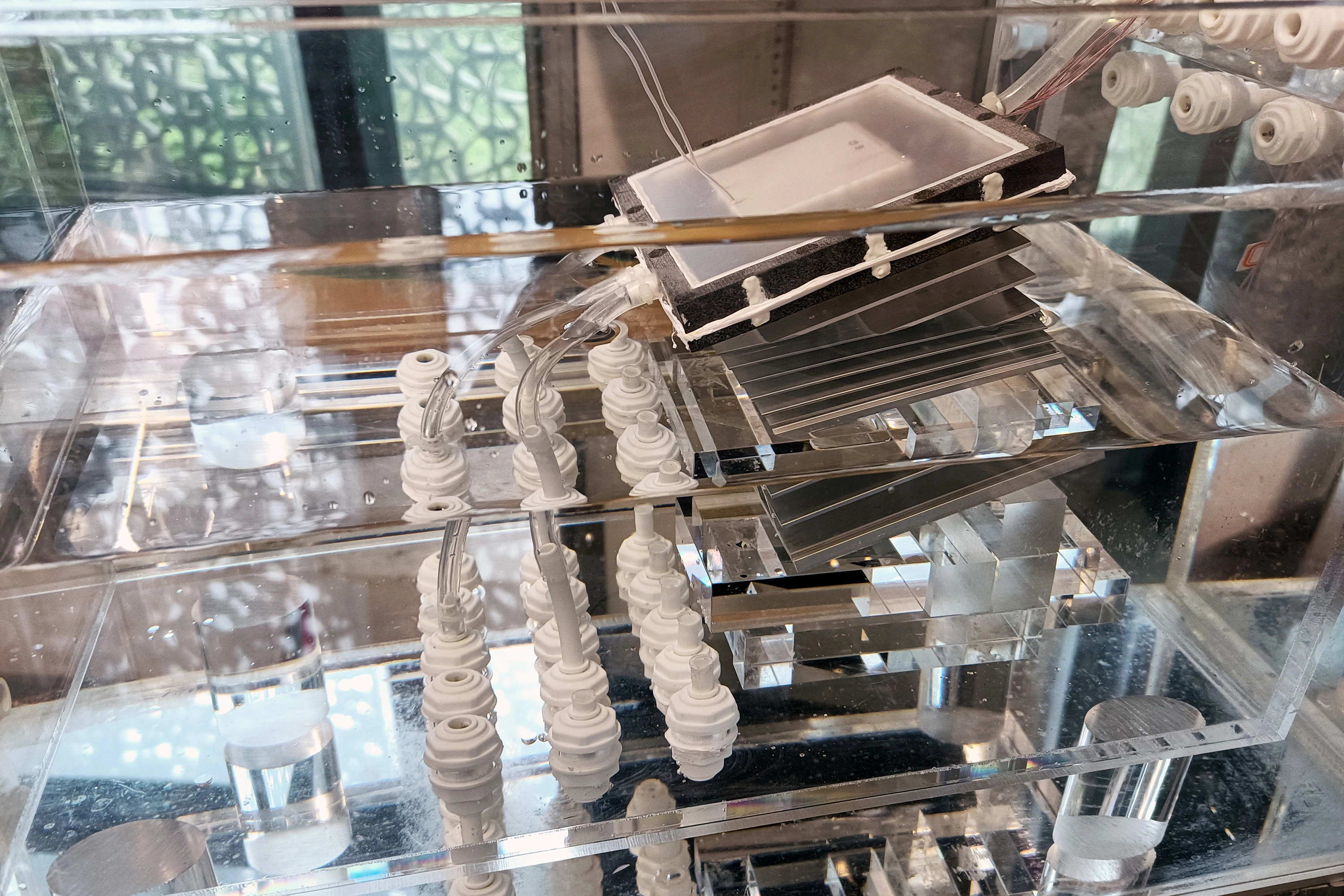Engineers at MIT and in China are aiming to turn seawater into drinking water with a completely passive device that is inspired by the ocean, and powered by the sun.
In a paper appearing today in the journal Joule, the team outlines the design for a new solar desalination system that takes in saltwater and heats it with natural sunlight.
The researchers estimate that if the system is scaled up to the size of a small suitcase, it could produce about 4 to 6 liters of drinking water per hour and last several years before requiring replacement parts. At this scale and performance, the system could produce drinking water at a rate and price that is cheaper than tap water.



Getting water to places that don’t have access to fresh water is not a minor inconvenience.
consumers already have tap water for comparison hence the title of it suggesting to be cheaper. Not as altruistic. Agreed it could help someone who doesn’t have accesss. But I disagree that simply taking it as an option of the two because one seems cheaper is not actually cheaper so much as an impact that everyone should turn to it as a sole option that is not being considered here.